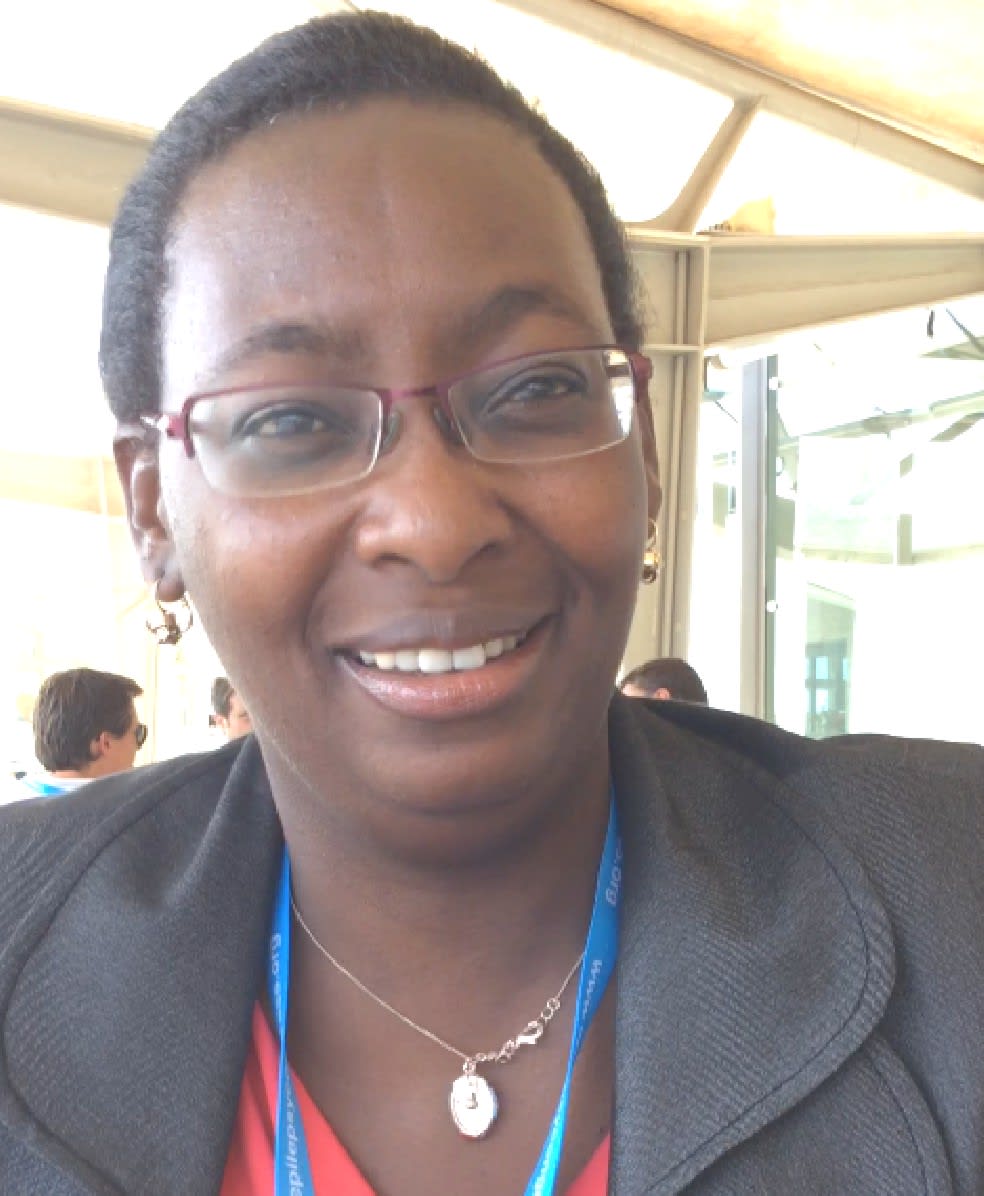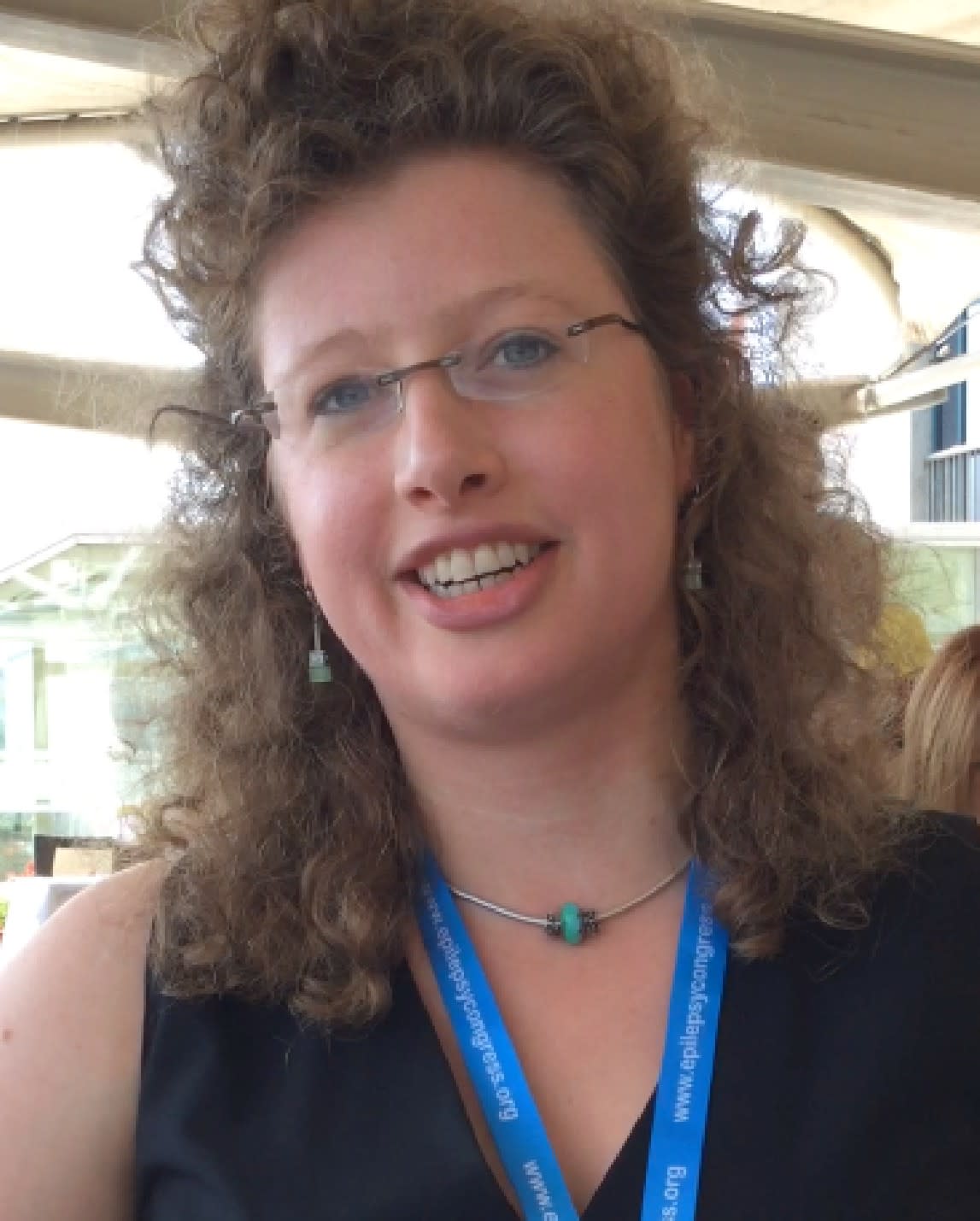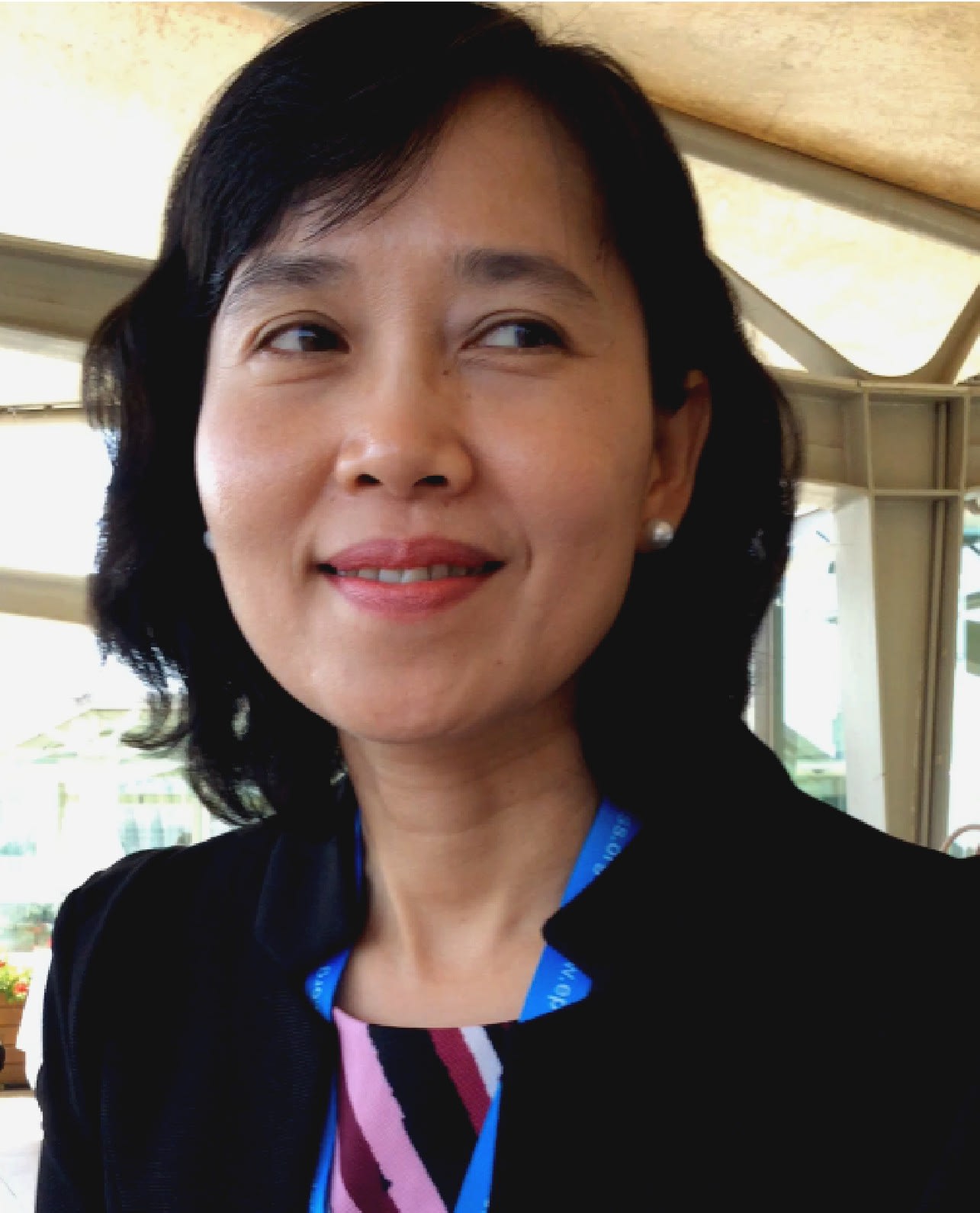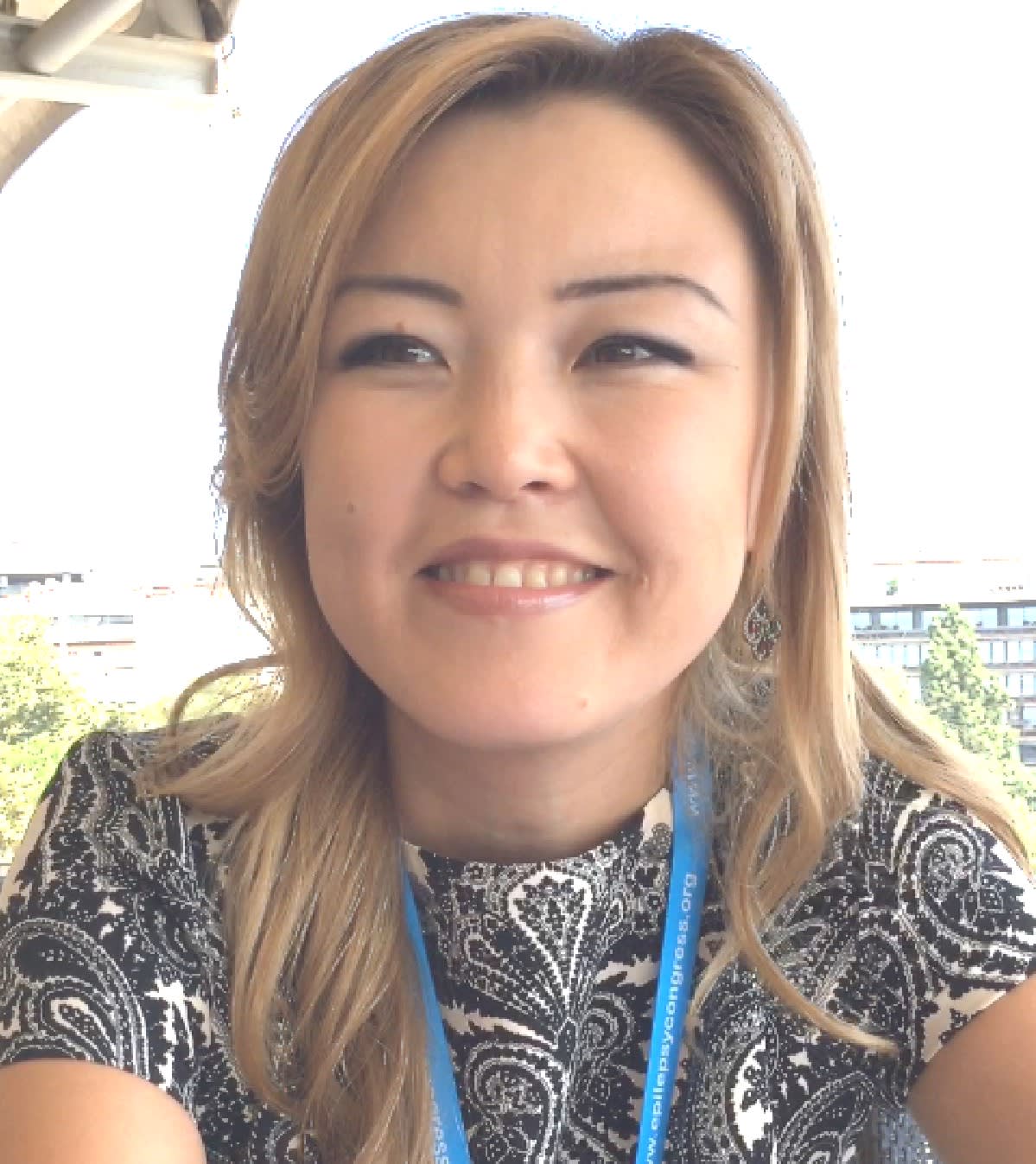Epigraph Vol. 17 Issue 3, Fall 2015
ILAE Leadership Development Program at Istanbul IEC
The League has established the ambitious goal of a world in which no one's life is limited by epilepsy. This goal requires the involvement of thousands across the globe in a focused effort to break down barriers and open possibilities for people who face legal and cultural limitations that are imposed on them. Such an action requires the involvement of people who understand the disease and its consequences as well as the society within which a person with epilepsy lives. There are over 100 League national chapters and as many or more national attitudes about the disease. Making progress requires that initiative be taken in each country to change perceptions and the support for combating the disease.
The League has had a number of successes in the last 20 years since the Global Campaign Against Epilepsy began, including the Pan American Health Organization's Plan of Action, the European Written Declaration on Epilepsy and the recent World Health Assembly Resolution. These successes required a vision as well as effort and leadership. However, the ultimate success of these international political actions will depend on efforts at the national level.

With the identified need for greater numbers of members with the skills to develop local plans and advance the cause of improved epilepsy care around the world, the League, through the North American Commission, created the Leadership Development Program, guided by Sheryl Haut and Jaideep Kapur. This workshop is based on programs that have been in place in North America and Europe for some years to help professionals in the early stages of their careers understand what is involved in organizing and managing initiatives and projects.
The program is not intended to be a complete management techniques course, rather it is designed to give professionals who have not been trained in management a basic understanding of how organizations work and how one can work with organizations to achieve important goals.
There were a total of 21 participants in this inaugural course, with the largest numbers coming from Europe (7) and Asia (6). They were selected from a total of 38 eligible applicants based on their past experience, their contributions or relation to epilepsy and on letters of recommendation. The course was divided into one and a half days. The first day was composed of presentations by many senior members of the League on such topics as strategic planning, financial planning, communication (oral, written and electronic), and management essentials as well as how to create and develop a League chapter. The following half day was devoted to a review of the DISC profile that each participant completed before arriving at the meeting. The DISC profile has become a standard industry and management tool to evaluate how a person will behave in certain environments and situations. However, it is often used, as it was in this course, to help a person get to know oneself and others better in order to understand how each may interact in different situations.

At the end of the meeting the overall evaluation from the participants was quite positive, but each participant took away different messages. What follows is a sampling of comments from five different people addressing their impressions of the course.

Pauline Samia is a Senior Instructor and Consultant Paediatric Neurologist at the Aga Khan University in Nairobi, Kenya. Epilepsy makes up the majority of her clinical practice, and she applied to the course because she was interested in helping to move care for children with epilepsy forward in Kenya as well as the East African region. Several of the areas that she found particularly valuable included the process for strategic planning to develop goals, and how one needs to work in teams to accomplish those goals. She also learned about the importance of time management. She intends to use her new skills to help the Kenyan chapter achieve its goals.

Rosa Michaelis is a third year Neurology Resident from Germany. Epilepsy has been an area of great interest to her since she was a medical student because of the potential mind-brain interaction and how it might contribute to seizure initiation. She learned of the program from the German chapter and wanted to participate because she likes to develop things and thought this course might give her useful tools. Several important things she learned was how to run a meeting while keeping people involved and the importance of having a vision to help serve as a guide.

Seinn Mya Mya Aye is an adult neurologist at the Yangon General Hospital in Myanmar, a major teaching hospital. In addition to her clinical duties she is part of the collaboration between the national Ministry of Health and the World Health Organization on an epilepsy demonstration project. She was interested in taking the course because she had experienced that there are always many obstacles to getting things done at all professional levels. The program gave her ideas on how to resolve conflicts and overcome the obstacles to achieve objectives. The course also gave her new ideas on how to manage time, people and budgets.

Asel Jusupova is an adult neurologist from Bishkek, Kyrgyzstan. She is involved with teaching medical students and treating patients in outpatient and inpatient settings. She is also the secretary for the Kyrgyz League Against Epilepsy. Her goal in taking this course was to increase awareness about epilepsy to improve its treatment nationally. She learned the importance of establishing goals and how to begin conversations on how to resolve system problems in the treatment of epilepsy with the health care authorities.

Rodolfo Callejas-Rojas is an adult neurologist in Mexico City who is now in training to learn EEG. He wants to develop a career in epilepsy with the eventual goal of creating an epilepsy center in a region of the country without such services at present. In this course he learned much about many aspects of management but also about the techniques he can apply when approaching others about solving problems. The talks emphasized to him the importance of forming networks of people who have a common goal and how he might develop those networks.
All of the participants reported that the most valuable part of the workshop was the DISC personality profile discussion on the second day. Each stated that the insights about their personality type with regard to particular strengths and weaknesses would be put to use while developing and working in teams to develop and carry out plans. They also noted that this exercise pointed out how differences in personality can affect group interactions, which may determine the success or failure of a plan or project. Although the course did not provide solutions for every potential conflict, it did make all aware of how unrecognized personality differences can derail projects very quickly unless they are addressed early.
The League looks forward to learning how this course helps the participants advance their own professional careers as well as the cause of epilepsy at the national level. The diversity of the participants geographically as well as professionally is important because the needs for epilepsy care, while different from country to country, cross many areas of expertise from the social to the laboratory with many points in between. What is needed for epilepsy care to advance is strong and effective voices to address each of those needs, and we hope that this workshop can help increase those numbers.
Subscribe to the ILAE Newsletter
To subscribe, please click on the button below.
Please send me information about ILAE activities and other
information of interest to the epilepsy community